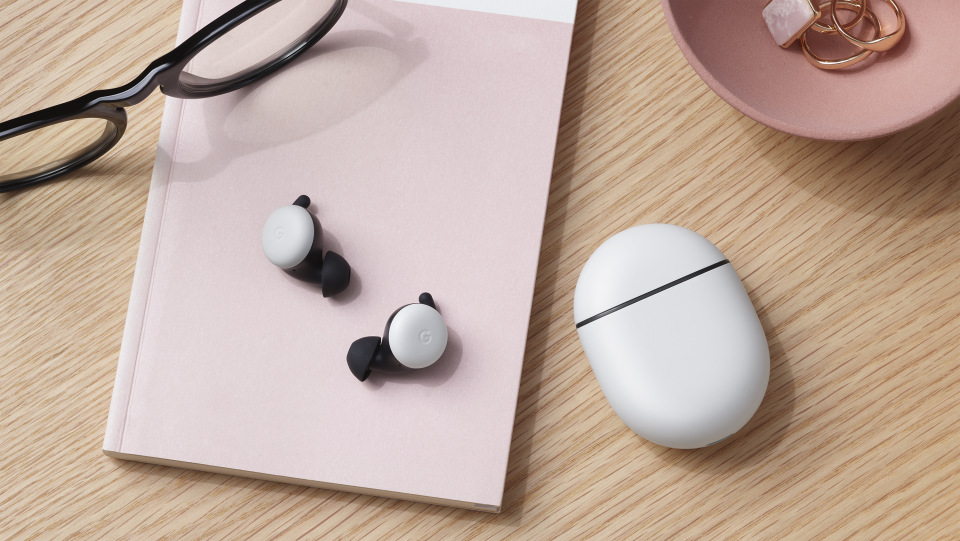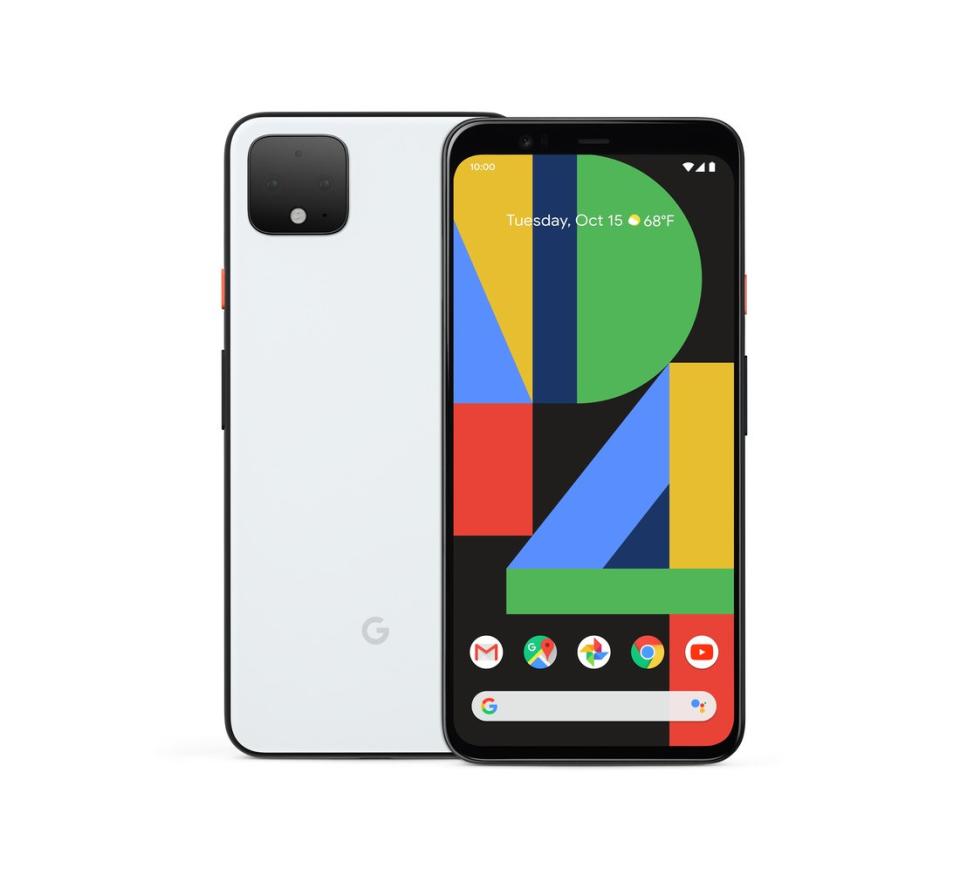Google’s Newest Nest Mini Is Made From 100% Recycled Plastic Bottles
As far as milestones go, today was a big one for one of the largest companies on the planet. Google, in an effort to support global sustainability, has announced a $150 million investment in renewable energy products. The announcement was made at The Shed in New York City, as part of the company’s Made by Google event. The news came just over two months after Google announced that, by 2022, all Made by Google products will include recycled materials. “At its core, design is about solving problems for people and the world’s challenges,” says Google’s head designer, Ivy Ross. “And sustainability is one of the most fundamental challenges of our generation. When you look at how things are made today, it just doesn’t make sense. Manufactured with dirty energy from rapidly depleted precious minerals, to make something that becomes obsolete in a short time and then thrown away.” To that end, Ross shared the news that in 2019, every Nest product sold will include recycled plastics. Taking that one step further, the Google exec stated that the Nest Mini Speaker will be made entirely from recycled products. “Instead of these materials ending up in the oceans or landfills, we are giving them a new life,” says Ross. According to the Google exec, one recycled bottle creates enough plastic fabric to cover more than two Google Home Minis. “And we did all of this without compromising style or color for products that blend into your home.”

“In terms of current costs, it‘s not the best path for us to take,” says Anna Meegan, Google’s head of sustainability, when referencing Google’s products that are made entirely of recycled plastics. “As it stands, it would be most cost effective to build these products with virgin plastics. But we’re committed to our sustainability goals.” Google is betting that eco-friendly products aren’t a fad, and that consumers will move toward them. In turn, building devices with recycled plastics in larger scale will become more cost efficient for the tech giant. “For the mesh cover, we use discarded plastic bottles, but for the body of the product, we source old CDs and car headlights.” One might think this type of patchwork would result in a less durable product, but that’s not the case. “We went the extra mile to ensure these eco-friendly units are just as reliable as any other built previously,” Meegan adds.

While sustainability was a major theme of the event, Google also had a slew of new devices to unveil. The list is as long as it is impressive: the new Nest Mini, Nest Wifi, Nest Aware, Pixelbook Go laptop, Google Pixel Buds, a new streaming gaming platform called Stadia (which features a controller using recycled materials), and, perhaps most exciting, an all-new Pixel 4 phone.
Google partnered with famed photographer Annie Leibovitz to test out the capabilities of its Pixel 4 camera. “It’s incredible,” Leibovitz told the crowd. “The whole idea was, can you take the phone out and do work as a photographer? I was excited for this opportunity, to work with Google in developing a cameraphone for a photographer. It was a little bit of a rough start, but then I just relaxed and started to enjoy myself.” While Google’s Pixel takes phenomenal pictures, the competition is cutthroat. As a group of several hundred onlookers were eagerly listening to Google unveil product after sustainable product, they would often pull out an Apple iPhone to snap a picture or record a note. It’s Google’s job to buck that trend.
Originally Appeared on Architectural Digest
